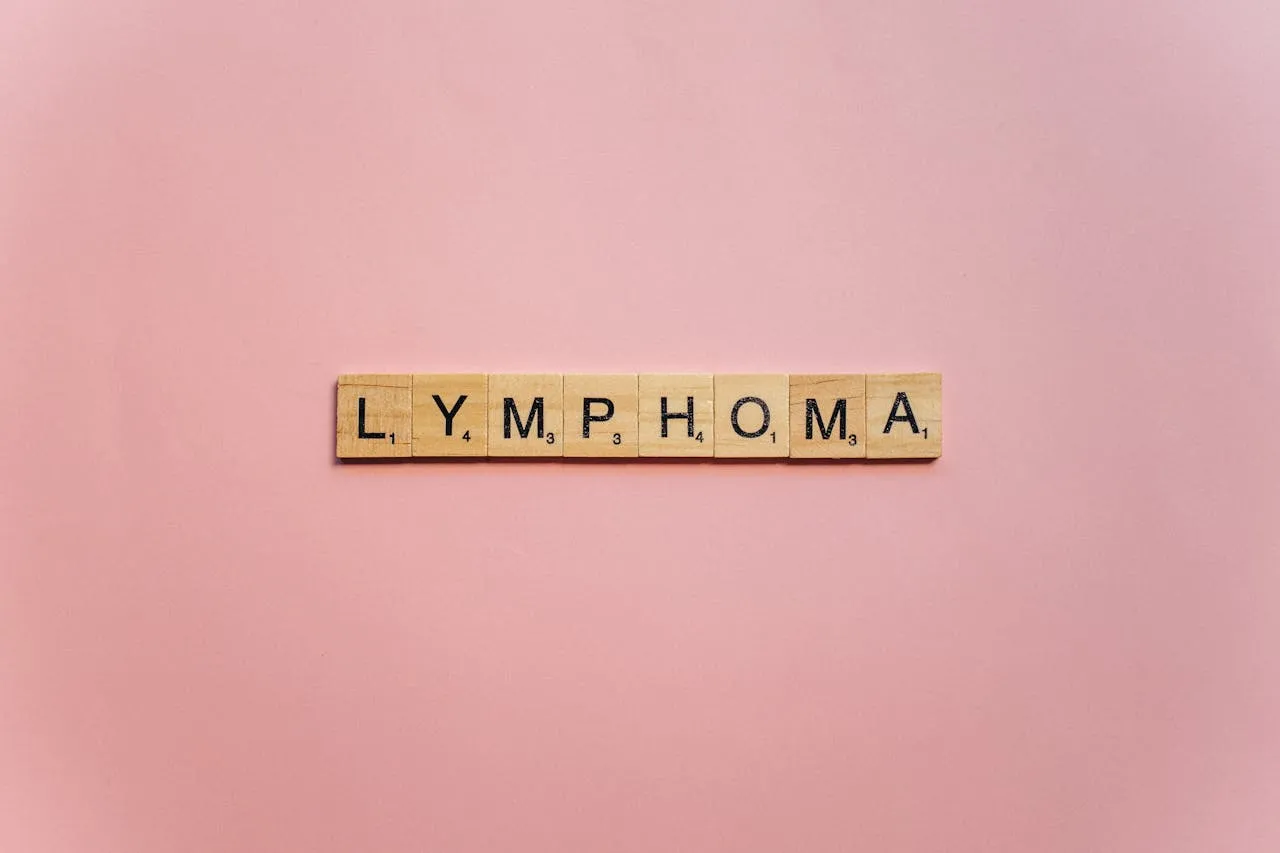
Kite, a Gilead Company presented new findings from three analyses on Yescarta® (axicabtagene ciloleucel) for relapsed or refractory (R/R) large B-cell lymphoma (LBCL) at the 66th Annual Meeting & Exposition of the American Society of Hematology (ASH). These findings demonstrate improved outcomes for patients and support the use of Yescarta in early lines of treatment for R/R LBCL.
The data includes the largest real-world analysis of 446 patients from the Center for International Blood and Marrow Transplant Research (CIBMTR) registry who received Yescarta as second-line treatment for R/R LBCL in 2022-2023 (Abstract #526). The study showed an overall response rate (ORR) of 79%, with a complete response (CR) rate of 64%. After 12 months, progression-free survival (PFS) was 53%, and overall survival (OS) was 71%. The data also showed consistency with the results of the ZUMA-7 study, despite including a broader patient population with different disease characteristics.
In a separate analysis (Abstract #527) from the CIBMTR registry, a decreasing trend was observed in the incidence, severity, and duration of cytokine release syndrome (CRS) and immune effector cell-associated neurotoxicity syndrome (ICANS) over time. This reflects growing experience with Yescarta in real-world settings and the use of more effective management strategies for these adverse events.
Additionally, the Phase 2 ALYCANTE study (Abstract #4505) evaluated health-related quality of life (HRQoL) outcomes following Yescarta treatment in patients with high-risk R/R LBCL who were ineligible for autologous stem cell transplantation (ASCT). The study showed that while there was an initial decline in HRQoL at one month post-infusion, by three months, many patients reported improvements in pain, emotional impact, and health-related concerns. These improvements were sustained over a 12-month follow-up period, with a significant improvement in physical functioning and overall health.
“These findings reinforce Yescarta’s potential in improving survival and quality of life for patients with R/R LBCL, including those in earlier lines of therapy,” said Dominique Tonelli, VP, Global Head of Medical Affairs, Kite. “The real-world data further highlight the promise of Yescarta in extending survival and offering durable responses for these patients.”
Kite’s ongoing studies aim to confirm these findings in broader patient populations, including those treated with Yescarta as part of combination regimens or in later lines of therapy. These results underscore Yescarta’s potential as a key treatment option for patients with R/R LBCL.
Yescarta is not yet approved for second-line use in R/R LBCL, and its safety and efficacy for this indication are still being evaluated in clinical trials.





